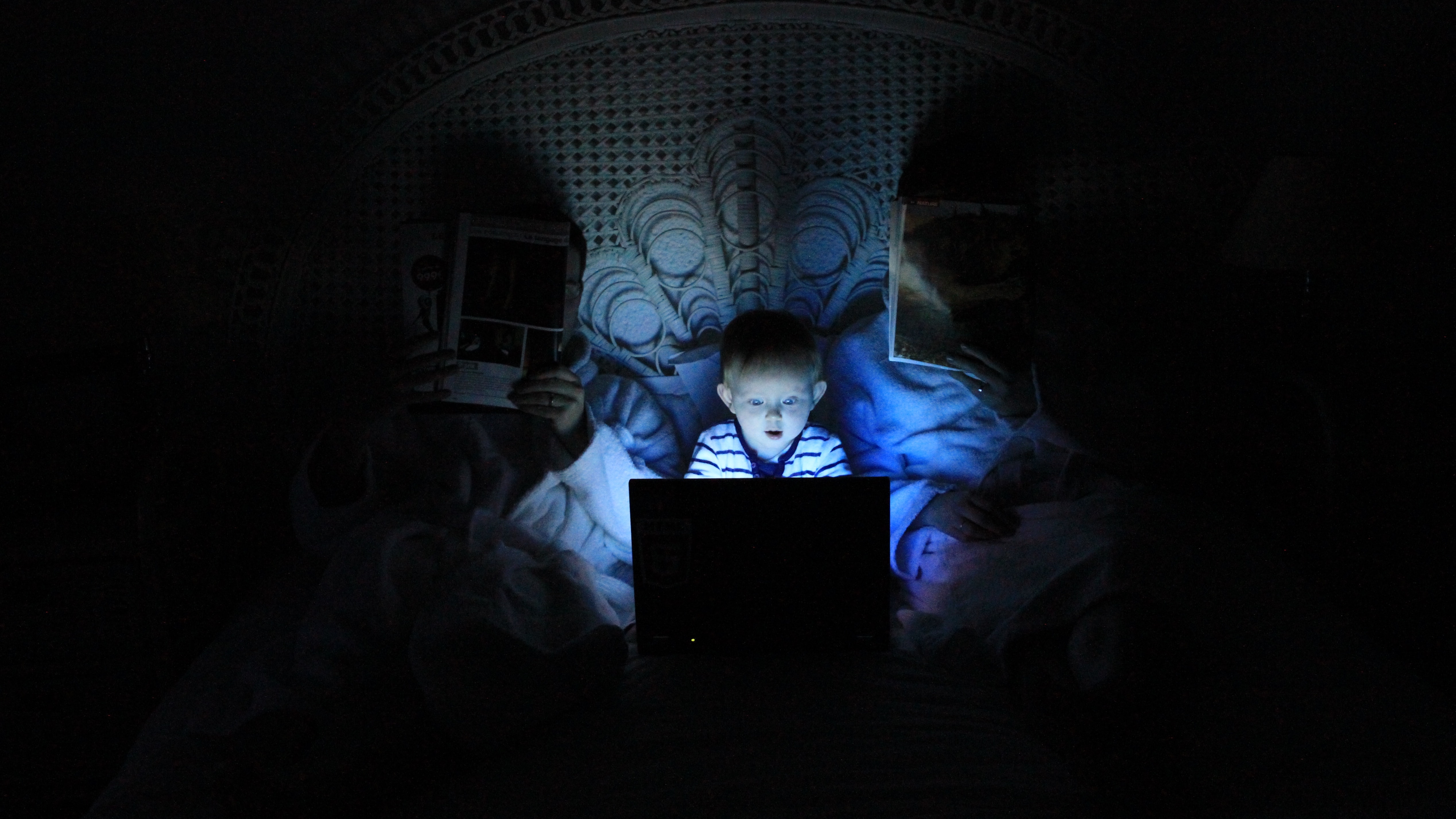In ten years, having digitally reviewed 10,000 places will be far more valuable on a social level than having 10,000 followers. Reviews are the building blocks of trust on the Internet. And they’ve yet to be realized to their full potential in terms of social utility.
Imagine for a moment that you’re out to eat with a handful of friends when someone brings up the new restaurant that just opened. You haven’t been yet, so you want to determine whether or not it’s worth going. Do you ask everyone to give it 1 to 5 stars and take the average? Or do you listen to everyone’s opinion and take the word of the person you trust the most?
Obviously you listen to the in-depth review from the person you trust the most.
So why is it that we judge places on Google Maps based on the collective review, as opposed to the honest and in-depth reviews of the most trusted individuals?
Clearly, because numbers are easier than reading. However, the really sad part is that Google Maps and Yelp are already designed to make the latter possible. They are designed so that trusted reviewers can steer us in the right direction.
They just haven’t put it at the forefront of restaurant discovery. But I think it’s coming in the near future.
A Social Review Network
Guy Fieri gained a following by reviewing diners, drive-ins, and dives at a national scale. But how many times have you gone to a restaurant that someone featured on the Food Network or some other TV program? Rarely.
The real value and influence of reviews reside at the local level.
Chicago has hundreds of Guy Fieri’s that travel around the entire metro area in search of the best dishes. Google has started to build this feature into Google Maps with its “Local Guides”. But I’d still say it’s the most underutilized feature of Google Maps.
How many times have you clicked into someone’s review profile on Google Maps?
Probably never. The way that review systems are set up, we make our decisions based on the collective review. We’d rather go to a 4.2-star restaurant that 650 people reviewed than a 5.0-star restaurant that 6 people reviewed. But what if those 6 reviewers were world-renowned chefs? We have no way of knowing.
On Google Maps and Yelp, everyone’s star is worth the same. When in reality, everyone’s review isn’t worth the same.
I trust how my mother reviews a restaurant far more than how my sister reviews a restaurant. And I know that sentiment applies to the other 327 million Americans.
Realistically, Google Maps is one update away from making social reviews more prominent on its platform.
I can already go in and see all the places that a stranger like Patrick (below) has reviewed in Dallas. If he really is a Local Guide, then Google should be weighing his reviews over the reviews of others. If he really is a Local Guide, then his profile should appear for Dallas newcomers – advising them on where they should be eating:
There’s nothing more frustrating than scrolling through the “food” tab on Google Maps for fifteen minutes without finding a single place to eat. Conversely, there’s nothing easier than getting a good recommendation for a restaurant from a close friend.
The social habit already exists for us to ask others for a good recommendation. Why can’t this be turned into a digital platform that makes recommendations easy at scale?
When you open Facebook, you get to see all the new things that your friends (and influencers) are sharing. When I open Google Maps, why can’t I see the restaurants my friends (and Local Guides I follow) have reviewed?
Doesn’t that sound like a feature that would drastically improve the way we discover restaurants (and other services for that matter)?
I was just in Chattanooga, Tennessee. Should one of my friends happen to travel there for some reason, they could instantly be shown this map of my reviews to help them get started in that area:
Yelp and Google Maps are the natural platforms for a Social Review Network to exist. However, it would require them shifting the design from destination-focused to person-focused.
Seeing long lists of local options on Google Maps is nice. But people, not destinations, should be the driving force for the discovery of restaurants (among other services on Google Maps).
Why I Review
Granted this is all a theory based on another theory I have:
In ten years, having a review profile of 10,000 places will be far more valuable on a social level than having 10,000 followers.
That’s why I am spending my passive time reviewing all the local businesses I use after I use them.
I eat out once or twice a day. By the end of the year, I will have well over 500 reviews. With every restaurant I visit, I take a picture and give my honest take on that place. What was the atmosphere like? How did the food stack up against my expectations?
I know I’m late to the reviewing game. Yelpers have been around for ages. But in hindsight, I’d rather invest my review time on the Google Maps reviews than Yelp – just given the fact that Google Maps is the way in which we access these reviews most often.
Mark my words. In just a couple of years, my international review profile is going to be covered in red blips:
